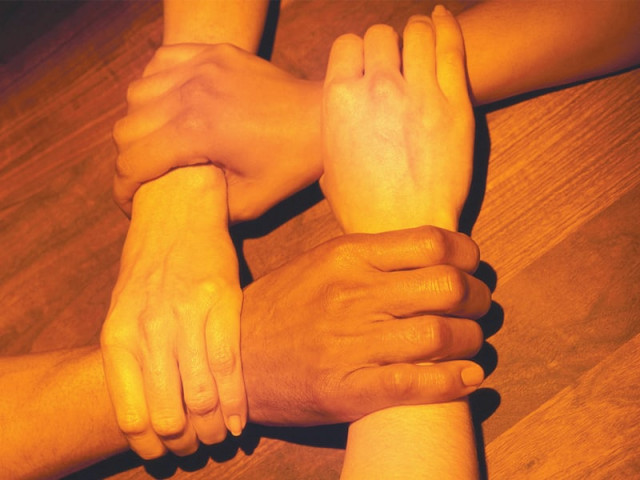Is equality always a good thing?
One can question the efficacy of democracy in shoring up economies like ours.

History has shown that periods of relative peace and stability usually existed as a function of imperial rule. PHOTO: CREATIVE COMMONS
The breakthrough insight is that stability is not the normal order of things in the geopolitical arena; in fact, history has shown that periods of relative peace and stability usually existed as a function of imperial rule. It is interesting to note that during the reign of hegemonic and imperial powers, such as the Austrian Hapsburgs (1278 – 1918) in Central and Eastern Europe, or the Ottoman Empire (1299 – 1923) in the Balkans and the Middle East, rights of minorities were protected and ethnic wars were prevented. These periods were known for their relative peace that they brought to their regions.
Generally ‘equality’ is accepted as a concept that reflects fairness in society and hence is preferred by everyone. Equality at a geopolitical level, however, gets complicated and usually does not work very well. Centuries of data has shown that when major states in Europe had rough equality amongst them, it led to frequent wars; including the infamous 100 year war between England and France in the 14th century. Even in Asia, between the 14th and early 19th centuries, there were generally placid relationships between states when China was the dominant power in the region.
According to the author, the reason for such peace is that domination of one sort or another has a better chance at preventing outbreak of war than a system in which no one is in charge or overly powerful. That is why Columbia University’s Kenneth Waltz, arguably America’s preeminent realist, says that the opposite of anarchy is not stability, but hierarchy.

Hierarchy is defined as a system in which only certain people have authority and where there is a lack of balance of power; ie, some are more equal than others. The inherent inequality built into hierarchy, which connotes authority and power over others, is what prevents chaos. Hence presence of inequality creates conditions where peace reigns. To quote Thomas Hobbes, the 17th century English philosopher, right and wrong have practical meaning only when it is possible to punish the wicked, and that requires a certain degree of coercive power. The presence of equality only causes chaos, which can be seen in countries facing the Arab Spring.
When I look at Pakistan and apply the same principles, I see that whenever we had a military government or single-party majority government like in the early 70s, we had relative peace in the country. The heightening law and order situation in the last five years, when government was a coalition of parties with no overall authority, has made some of us question whether one of the consequences of alliances is worsening law and order, lack of criminal prosecution linked with political party affiliation, rampant spread of weapons and so on. I am not sure if many of you are aware, but during General Ayub Khan’s era in the 50s and the 60s, Pakistan was known globally as the first Asian Tiger. Similarly, during Musharaf‘s first three years, when power resided in a small group of people, we faired far better in economic growth, anti-terrorism policy and other related social issues than during his last five years, when the coalition government, alliances and partnerships with various parties were the rule of the day.
Hegemony or one-party domination unfortunately has a bad reputation in the media and public, despite the fact that in human history, periods of relative peace have been the product of hegemony of one sort or another. The point to ponder is that if we need one dominant party in power in this election, or life will continue with compromises, concessions and give and takes. This will result in the lack of ability in pushing a solid economic agenda and social development of the country. No one can make everyone happy, but someone with a strong mandate and authority can make the majority happy.
THE WRITER WORKS IN THE CORPORATE SECTOR AND IS ACTIVE ON VARIOUS BUSINESS FORUMS AND TRADE BODIES
Published in The Express Tribune, May 13th, 2013.
Like Business on Facebook to stay informed and join in the conversation.



















COMMENTS
Comments are moderated and generally will be posted if they are on-topic and not abusive.
For more information, please see our Comments FAQ